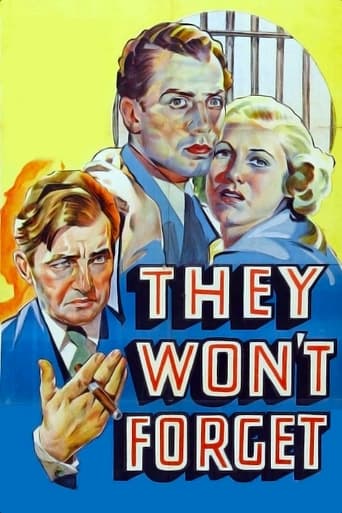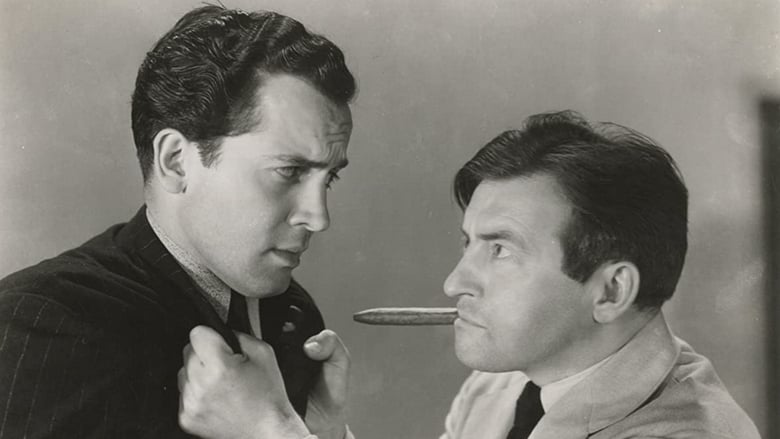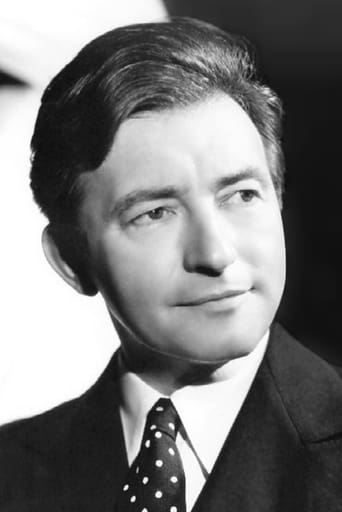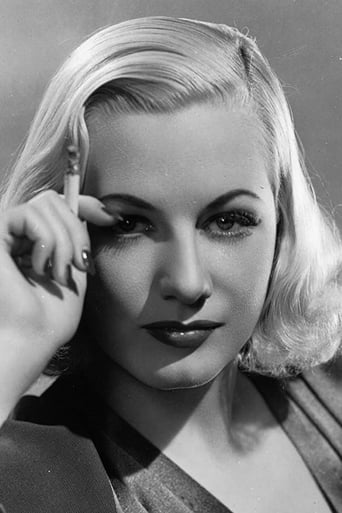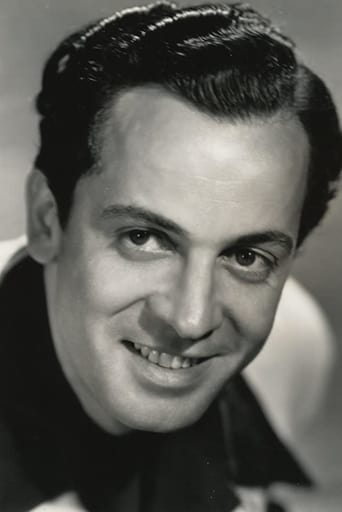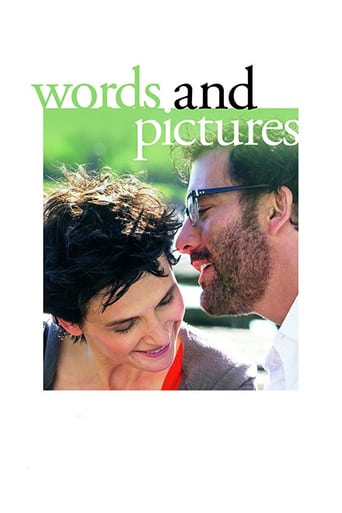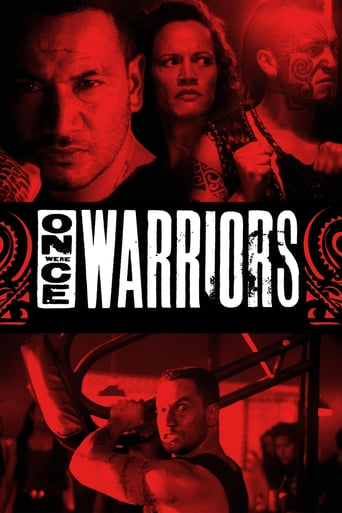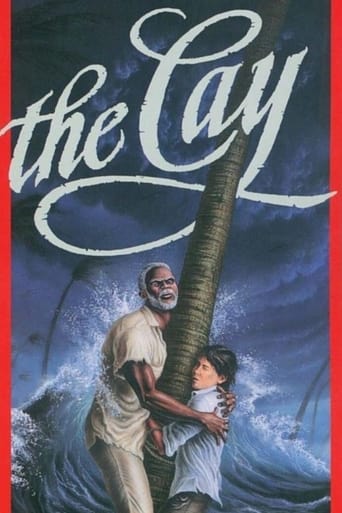They Won't Forget (1937)
A southern town is rocked by scandal when teenager Mary Clay is murdered on Confederate Decoration Day. Andrew Griffin, a small-time lawyer with political ambitions, sees the crime as his ticket to the Senate if he can find the right victim to finger for the crime. He sets out to convict Robert Hale, a transplanted northerner who was Mary's teacher at the business school where she was killed. Despite the fact that all the evidence against Hale is circumstantial, Griffin works with a ruthless reporter to create a media frenzy of prejudice and hate against the teacher.
Watch Trailer
Free Trial Channels
Cast


Similar titles
Reviews
The greatest movie ever made..!
Strong and Moving!
This is a dark and sometimes deeply uncomfortable drama
This movie tries so hard to be funny, yet it falls flat every time. Just another example of recycled ideas repackaged with women in an attempt to appeal to a certain audience.
In a small Southern town celebrating Confederate Memorial Day, a young woman (Lana Turner) is murdered. Suspicion quickly falls on her Northern teacher at business school, Robert Hale (Edward Norris), whom she had a crush on. Ambitious district attorney Andy Griffin (Claude Rains) uses this as an opportunity to build a name for himself, not caring about Hale's guilt or innocence. Hale is arrested and tried but the anti-Northern sentiment running through the town guarantees his trial won't be fair.Great role for Claude Rains, who owns every scene he's in as a remorseless politician out to further his career regardless of cost. Edward Norris (Ann Sheridan's first husband) has probably his biggest role as Robert Hale and does a fine job. Film debut of Allyn Joslyn, who plays a slimy reporter colluding with Rains. Pretty Gloria Dickson plays Hale's wife. She has a potent speech at the end. First significant role for Lana Turner. Note the tight sweater which accentuates her...attributes. This is why she was dubbed "the sweater girl" early in her career. The rest of the cast is made up of familiar faces, including Otto Kruger and Elisha Cook, Jr. Loosely based on the real story of Leo Frank, a Jewish man accused of murdering 13 year-old Mary Phagan in Georgia. He was lynched in 1915. The story here keeps antisemitism out of it, instead making it more of a focus on the resentments and prejudices of the South towards the North. Having grown up in the South, I know these sentiments were very real for many even decades after this movie was made. This is a film that examines everything from bigotry to mob mentality and the manipulation of the public by politicians and the media. Sociologically and historically relevant, it's a powerful movie from Warner Bros. with a good cast.
To begin with, I had first attempted to watch this while in Hollywood in 2005-6 but had had to abort the late-night TCM screening on account of poor TV reception at my place of residence! The Warner Bros. studio made a reputation for themselves in the 1930s for socially-conscious movies – from glorified gangster thrillers (beginning with LITTLE CAESAR {1931}) to tabloid journalism exposes (for instance, FIVE STAR FINAL {1931}) and prison reform dramas (most notably, I AM A FUGITIVE FROM A CHAIN GANG {1932}). I expressly mentioned these three classic titles because all were made by the same director as the film under review; that said, he would largely eschew this vein once he switched to MGM towards the end of the decade! It deals with a miscarriage of justice inspired by a real-life case that was later also treated in the 1988 TV-movie THE MURDER OF MARY PHAGAN (starring Jack Lemmon), which I foolishly never watched despite once owning a copy of! Anyway, what we have here is a man convicted of murder solely on the strength of circumstantial evidence: he just happens to be a Northerner employed in the South, and the events kick off on the former Confederacy's Memorial Day – when the sentiments for the old life and resentment towards the 'enemy' are most apt to be rekindled! To make matters worse for the hero (a stiff Edward Norris), the opportunistic D.A. (an occasionally overripe Claude Rains) prosecuting him sees this trial – which creates nationwide interest and concern, so much so that a crack Northern lawyer (Otto Kruger) is sent out to act for the defense – as his stepping-stone for the Governor's seat! While well enough regarded (despite receiving no Oscar recognition at the time) by mainstream critics – Leslie Halliwell awards this a, for him, very respectable *** and Leonard Maltin even gives it full marks – the film seems pretty much neglected at this juncture (being made available digitally only by way of a manufactured-on-demand DVD-R as part of the "Warner Archives" label): the reasons for this, to my mind, are two. The fact that it is undercast (nominal star Rains was hardly a big box-office draw, already middle-aged when this emerged, and playing a nasty character into the bargain!) – whether it was done to achieve greater realism or to counter the intrinsic hysteria at its core is debatable (still, a debuting Allyn Joslyn is effective as an unscrupulous reporter, a dark-haired Lana Turner landed her first important role here as the murder victim and Elisha Cook Jr. appears as the latter's unlikely beau) – and also because it came hot on the heels of another superb 'mob justice'-themed effort, namely Fritz Lang's FURY (1936; ironically, an MGM picture); apparently, Lang was even approached to helm this one but declined! Though hardly complimentary to its people, the Southern atmosphere is vividly captured throughout – and the film as a whole is generously filled with splendid sequences, reaching a nice pitch of frenzy when the convicted tutor has his sentence converted to one of life imprisonment by the elderly and sympathetic outgoing Governor...but the girl's brothers determine to exact their own kind of justice regardless. This is followed by a coda in which the accused party's wife gives Rains (already with his eye on the Senate!) and Joslyn a piece of her mind, a scene which is very similar in intent and execution to the memorable tirade concluding the afore-mentioned FIVE STAR FINAL.
(There are Spoilers) Even though the film "They Won't Forget" claims it's not based on any true events and it's characters are completely fictitious it's undoubtedly bases on truth. The film is about the trial conviction pardon and later abduction, by a frenzied mob, and lynching of Leo Frank on August 17,1915 outside of Marietta Georgia. Frank was abducted from the local jail-house and taken out in the woods and hung for the murder of 12 year-old Atlanta girl Mary Phagan.The movie goes along the same lines as the real story that it's based on with Leo Frank portrayed as a business professor, not the owner of a pencil factory, from the north named Perry Hale, Edward Norris. The movie also replaces Hale's, or Leo Frank whom he's supposed to be, ethnicity of being Jewish to being a northerner which is the real reason, in the movie, that the people of the small southern town of Flodden have such a bitter hatred for him. Besides that small change in history the movie nevertheless is a strong incitement of how emotions can easily take over a community and lead to an innocent mans, even though it's never really proved if or not Hale was in fact innocent, unjust conviction and later murder.Hale was seen at the business school where he was a professor and where pretty 16 year-old Mary Clay, Lana Turner, attended and was in fact a bit infatuated with him. It was on that fateful day April 26, Confederate Memorial Day, that Hale was seen at the school after hours where Mary's body was later found brutally murdered. The police first grabbed the school's janitor a black man named Tump Redwine, Clinton Rosemond, as the prime suspect in Mary's murder. It was in fact Tump who found Mary's dead body at the bottom of an elevator shaft.Slowly all the evidence,circumstantial as it was, started to point to Parry Hale. Hale not only was there, besides Tump, at the school when Mary was murdered but had both a blood stain on his jacket and a telegram that he's leaving town as soon as possible for a new job up north! Seeing a chance to make a name for himself, and get elected senator, local D.A Andrew Griffin, Claude Raines, took charge of prosecuting Hale and with the town already strongly prejudice against him, in Hale being an outsider and Yankee to boot, the outcome of the trial was already a forgone conclusion.Hale's trial, and jury, was so prejudice against him that after being convicted of first degree murder and sentenced to the electric chair that Governor Mountford,Paul Everton,felt that he at least should have a new trial, with a change of venue, in order to positively prove his innocence not the angry lynch mob that he faced back in Flodden.Sacrificing his political career Gov. Mountford let his conscience replace his future in politics by commenting Hale's death sentence to life imprisonment. This act of courage on the governors part touched off a riot in Flodden that had the outraged townspeople lead by Mary's hot-headed bother Shack, Trevor Bardnett, grab Hale as he was being sneaked out of town by the state police and after beating him bloody strung the terrified man up.It was only after all the dust settled an tempers cooled that D.A Griffin and most of the people who had a hand in convicting Hale, including the manipulated star witness for the prosecution Tump Redwine,that a grain of doubt to Hale's guilt started to come to the surface. Hale's grieved wife Sybil, Gloria Dickson, was given a check by Griffin for all the trouble that she went though in her husbands trail convincing and lynching. Griffin even swore to Sybil that those who murdered her husband would be brought to justice which didn't move or impress her at all. Sybil threw the check that Griffin gave her back in his face wanting to have nothing more to do with him and the town of Floddon as she walked out of his office and his life as well as town forever.P.S the biggest tragedy besides the tragic lynching of Perry Hale is that the actual murdered, if Hale was in fact innocent, of young Mary Clay was never brought to justice. And that was by far the biggest injustice done to Mary her family and the people of Fodden in the movie.
It's really amazing that this film is rarely talked about today or even viewed as a classic, since it's one of the bravest and most exciting films of its time. It all takes place in a Southern town. A man is accused of a murder he did not commit. The prosecutor soon realizes the man didn't do it, but he's the perfect scapegoat (a Yankee who only recently moved to the South) AND he thinks he can milk this into a successful bid for the Senate! So, this cynical clod (so well played by Claude Rains), does nothing to help exonerate the man and encourages the mob mentality that is growing in the town.What I particularly liked about the film is that it never ran from the course it had taken and copped out for a "Hollywood" ending. No, what occurs seems real and ugly and the film is full of ugly people, not sanitized ones. A gritty and compelling drama that is a must-see for serious fans of Hollywood's Golden Age.For a similar film that is also worth seeing, try watching FURY (1936) with Spencer Tracy. For a similar film that is god-awful, try watching MOUNTAIN JUSTICE (1937)--don't say I didn't warn you about this one!

